PSYCHOSOCIAL DISABLITY AWARENESS MONTH 2024







PsychosocialDisabilityAwareness Month(PDAM)iscelebrated annuallyinJuly.For2024,theSA FederationforMentalHealth (SAFMH)willberunningthetheme “AccessandInclusion:why communitymentalhealthis important”,focusingon advocatingforcommunitymental healthcare,tohighlightthe importantrolecommunitymental healthorganisationsplayin ensuringaccesstoservicesand communityinclusionforpersons withlivedexperienceof psychosocialdisability.
Insupportofthetheme,SAFMH willhighlightthenecessaryand effectiveworkofourMentalHealth Societiesandothercommunity mentalhealthorganisations.We hopethisyear’sPDAMcampaign willseemorepeopleunderstand communitymentalhealthandits significanceinachievingmental wellbeingforallinSouthAfrica.
The terms mental health, mental health conditions and psychosocial disability are often used interchangeably, but they are different. The diagram below shows the relationship between these three concepts (Child Gauge, 2021).
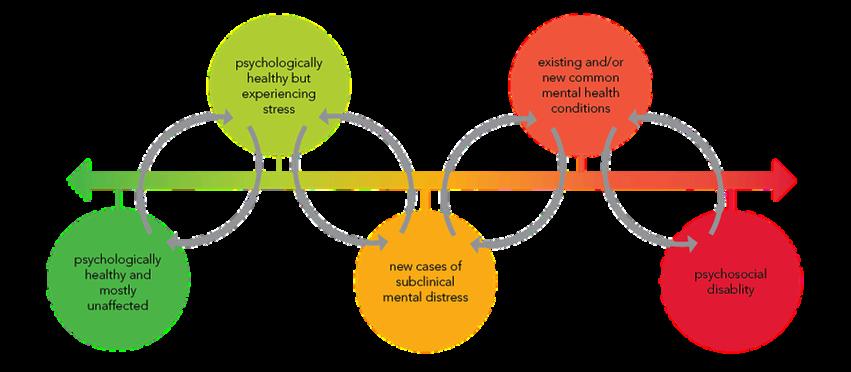
The diagram above represents how mental health is a spectrum that a person moves throughout life. The far left of the spectrum is when we feel mentally healthy and the far right is when we have a psychosocial disability.
Circle 1: A state of ‘thriving’ and coping well with life. We feel good about ourselves, and our relationships.
Circle 2: A state of ‘surviving’ and coping just okay with life. We feel well but are experiencing stress, in one or more areas of our life.
Circle 3: A state of ‘struggling’ and coping with daily life is difficult. We feel regularly anxious or low mood and may turn to maladaptive behaviours to cope.
Circle 4: The onset of a mental health condition and inability to cope with daily tasks. Timely interventions and comprehensive support are critical. With these, people with mental health conditions can experience wellbeing, thrive and lead a satisfying life.
Circle 5: The development of a psychosocial disability. This happens if we do not receive timely interventions and our enduring mental and emotional distress, compounded by societal barriers, hinder our full participation in society.

Apsychosocial disabilityiswhen ourenduring emotionaland mentaldistress, compoundedby societalbarriers, hinderourfulland effective participationin societycompared toothers.
Barriers include stigma, poverty, a lack of suitable services. The above definition is adapted from the United Nations Convention on the Rights of Persons with Disability (2006).
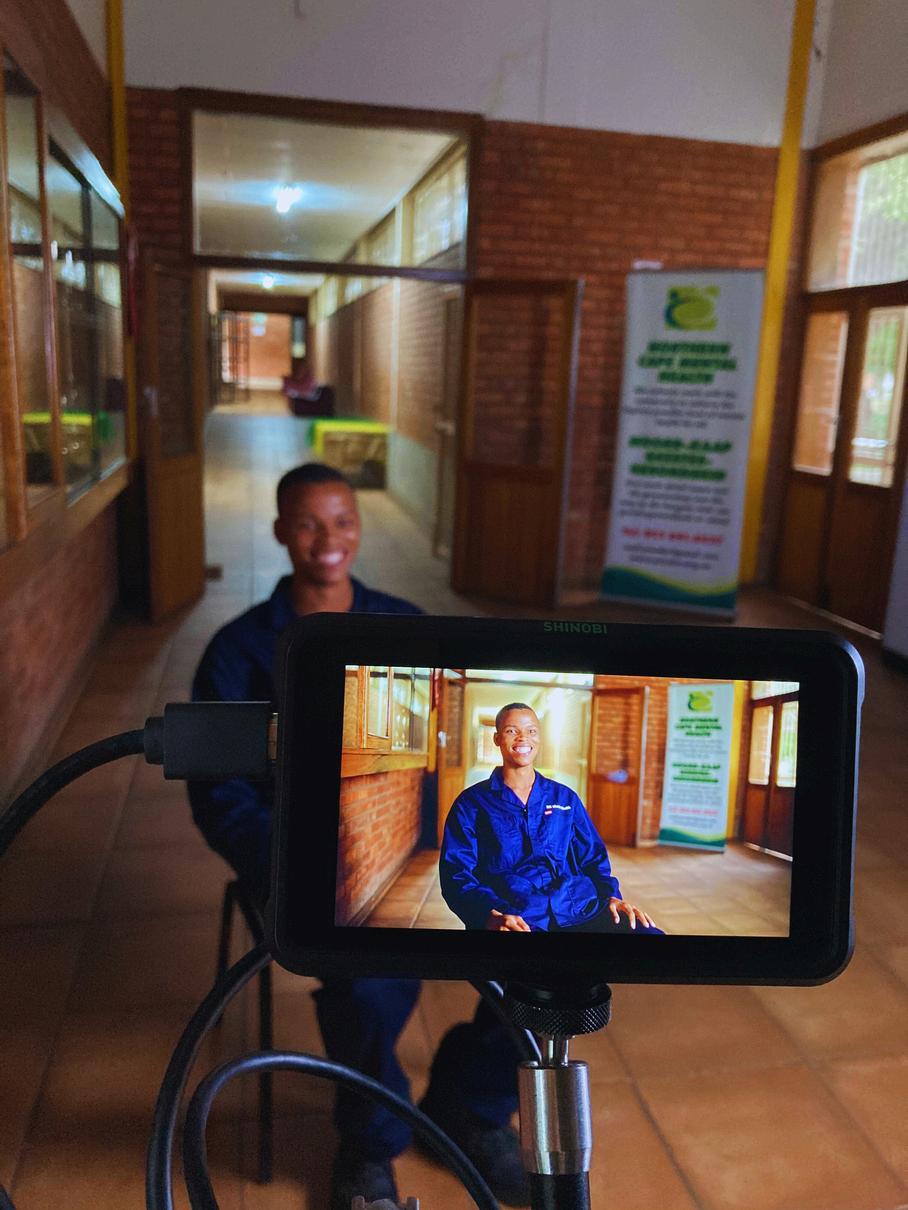

Community-based mental health organisations provide services outside of hospital settings, as close as possible to where people live and work. These services are informed by a personcentred recovery model, with an emphasis on psychosocial rehabilitation and promoting overall wellbeing. They are important because they are often more human rightsinformed and cost effective compared to institutional care and help link people with community services to promote holistic recovery.
Each community-based mental health organisation in South Africa provides a different range of services, but all organisations should provide services that are culturally sensitive, personcentred, recovery-oriented and adhere to human rights standards. Examples of services can include community residential care (e.g. assisted living and group homes), day care services, outpatient services, family interventions, psychoeducation, mental health services and employment services.
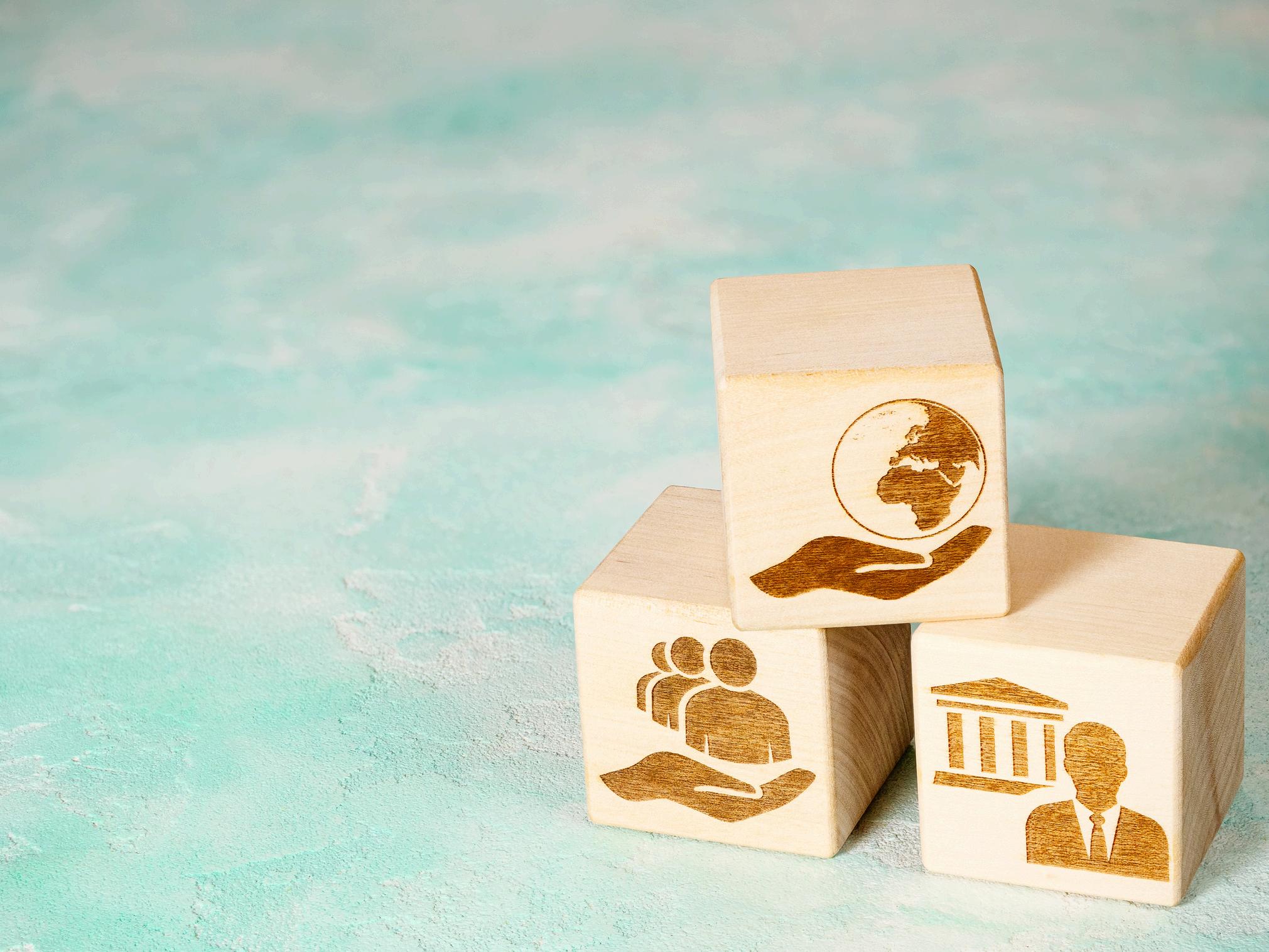
The National Mental Health Policy Framework 20232030 highlights the critical role played by NGOs to provide community-based mental health services and increasing access to mental health services.”
. Bharti Patel - Director, SAFMH
Community-based mental health organisations play an important role in helping persons with psychosocial disabilities move towards a state of thriving by facilitating their access to services and their inclusion within the community.
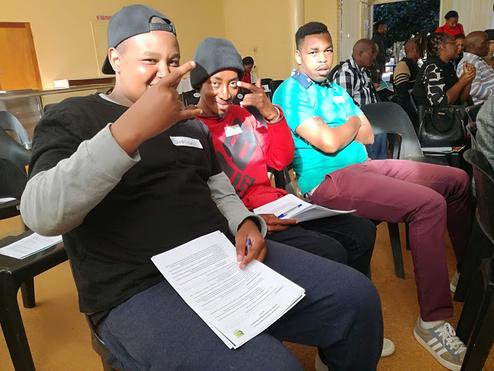
Access to services: Persons with psychosocial disabilities and persons living with mental health conditions often face disproportionate barriers to accessing health care, education, employment, food, housing and social services because of their disabilities. Community-based mental health organisations support people to access relevant services and activities of their choice. By accessing these services, people can progress with their recovery towards a ‘thriving’ state.
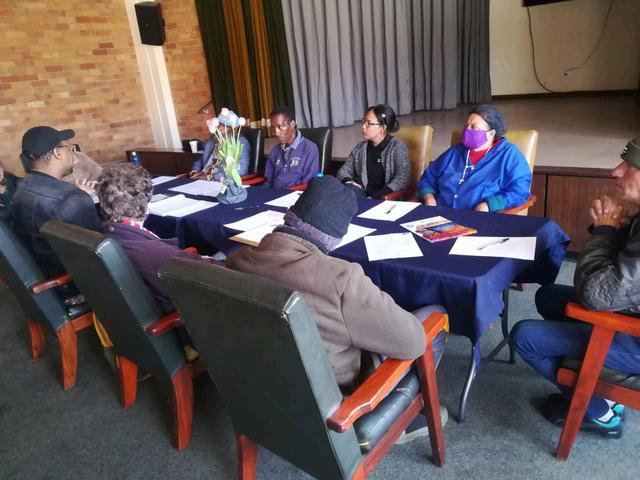
Inclusion: Persons with psychosocial disabilities face many barriers, including stigma, to community inclusion because of their disabilities. Community- based mental health organisations help persons with psychosocial disabilities live and become included in the community by offering interventions to link and build positive relationships within the community, and promoting the inclusion of persons with psychosocial disability in decisionmaking related to their own health and life choices.
Section 4 provides examples of how South African community-based organisations are increasing access to services and community inclusion.
Across South Africa, there are community mental health services that provide a range of services including crisis services, community outreach, peer support, residential services, skills development programmes and outpatient services.
Our mission as SAFMH is to work with the community and key stakeholders to achieve the highest possible level of mental health for all, including persons with psychosocial disabilities. We work closely with our 17 Mental Health Societies, who are providers of community-based mental health care, based across the country. These organisations provide essential mental health services to communities that are often vulnerable and under-resourced. Examples of the programmes run by these organisations are highlighted in the following pages.
This map shows the national reach of SAFMH and the location of the Mental Health Societies.

1. Cape Mental Health
2. Central Gauteng Mental Health
3. Durban & Coastal Mental Health
4. Laudium Mental Health
5. Limpopo Mental Health
6. Mpumalanga Mental Health
7. North Gauteng Mental Health
8. North West Mental Health
9. Northern Cape Mental Health
10. Northern Free State Mental Health
11. Pietermaritzburg Mental Health
12. Indlela Mental Health
13. Rehab Southernwood
14. Southern Free State Mental Health
15. Uitenhage Mental Health
16. Vaal Triangle Mental Health
17. Zululand Mental Health
SAFMH's National Office

Preventingteensuicidethrough peer-basedinterventionatschools: theResiliencethroughInitiativesof SupportandEducation(RISE) Programmetrainsandsupervises selectstudentsfromEasternCape schoolstobe"PeerInfluencers”.The influencersaresupportedtorun mentalhealthawarenessdaysattheir schools,bea‘safeperson’fortheir peerstocometowhentheyare feelingoverwhelmed,andhelplink theirpeerstoanexperiencedIndlela socialworkerininstanceswhere additionalsupportisrequired, includingurgentcrisisintervention.
“PeerInfluencersbecomean importantlinktooursocialworker, whocanthenhelplearnerswith theirmentalhealthchallenges.”
Access & Inclusion: This primarily peer-delivered schoolbased programme helps equip learners to become agents for inclusion for struggling students while linking students directly with local experienced social workers.
Improvingeconomicopportunities throughgardening:Zululand MentalHealthstartedtheSiyazenzela gardeningprojectforpersonswith psychosocialdisabilitytogain practicalskillsandmovetowards financialindependence.Service usersareskilledingrowingand sellingvegetablesforincome generation.The45membersofthe gardeningprojectaremostlyaged 18-34years.
“Wefocusonprovidingpractical skillstrainingtoveryvulnerable communitymemberstoimprove theirqualityoflife.”
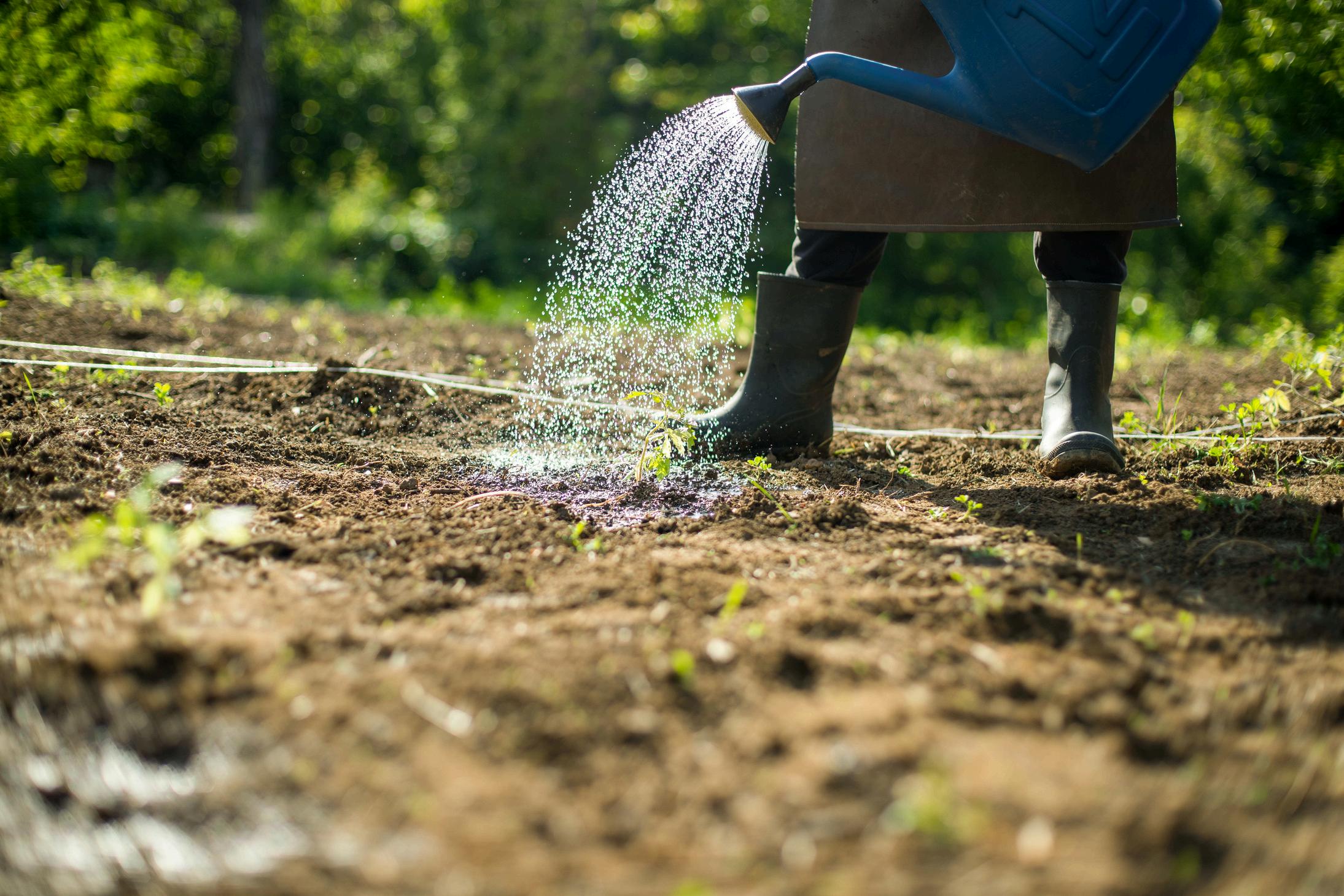
Access & Inclusion: Persons with psychosocial disabilities are traditionally excluded from participating in the open labour market. Agricultural initiatives, delivered in a therapeutic and appropriate manner, help service users generate and access income.
Providingfamily-focused counsellingservicesinpeople's homes:CapeMentalHealth'sSocial Worker'sHomeVisitsprogramme helpspersonswithpsychosocial disabilitiesandtheirfamiliesaddress dailymentalhealthchallenges throughfamily-focusedcounselling withintheireverydayspace.The homevisitationsareprovidedby experiencedsocialworkersfreeof charge.
Thishelpspersonswith psychosocialdisabilitiesaccess qualityservicesinanenvironment thatisfamiliar,comfortableandnonclinical.
“Ourhomevisitsprogramme oftenincludesthewholefamily. Thisbuildsasupportsystemfor theserviceuserwhiledeveloping copingskillsfortheentirefamily.”
Access & Inclusion: In-home counselling promotes convenient access to services. People with a lack of transport, childcare duties and mobility issues can still receive services.

Buildingskillsinasafe environment: NorthernCape MentalHealthofferspersonswith psychosocialdisabilities opportunitiestogainpracticalskillsin fourteendifferentfields,including carpentry,baking,mechanical maintenanceandwelding.
Serviceuserscanmoveattheirown paceandareprovidedwithongoing support.Theworkshopsareheldina safespaceandserviceusersreceive twonutritionalmealsaday.
“Serviceusershaveapurposewhen comingtotheworkshop,whilewhen inthecommunitiestheyareoften exposedtocriminalactivities.”
Access & Inclusion: Service users gain exposure to different industries and skills in a supportive environment. Persons with psychosocial disabilities have access to a space that is safe and promotes wellbeing.

Creatingawarenesstopromote help-seekingandcombatstigma: CentralGautengMentalHealth's OutreachProgrammeprovides peoplelivingininformalsettlements withfactual,culturallysensitiveand relevantmentalhealthservice informationandeducational resources.Thishelpspeoplein underservedcommunitiesbecome betterequippedtotalkaboutmental healthandbecomebetterinformed aboutwhatservicesareavailablein theirarea.
Theoutreachprogrammealso providespsychosocialsupport, includingoutpatientcounselling.
“Thisprogrammewasdesignedto meettheneedsofcommunities withlittletonoaccesstomental healthinformationorservices.”
Access & Inclusion: This programme improves people's access to appropriate information, thereby reducing stigma and misinformation and ultimately facilitating better community inclusion for persons with psychosocial disabilities.
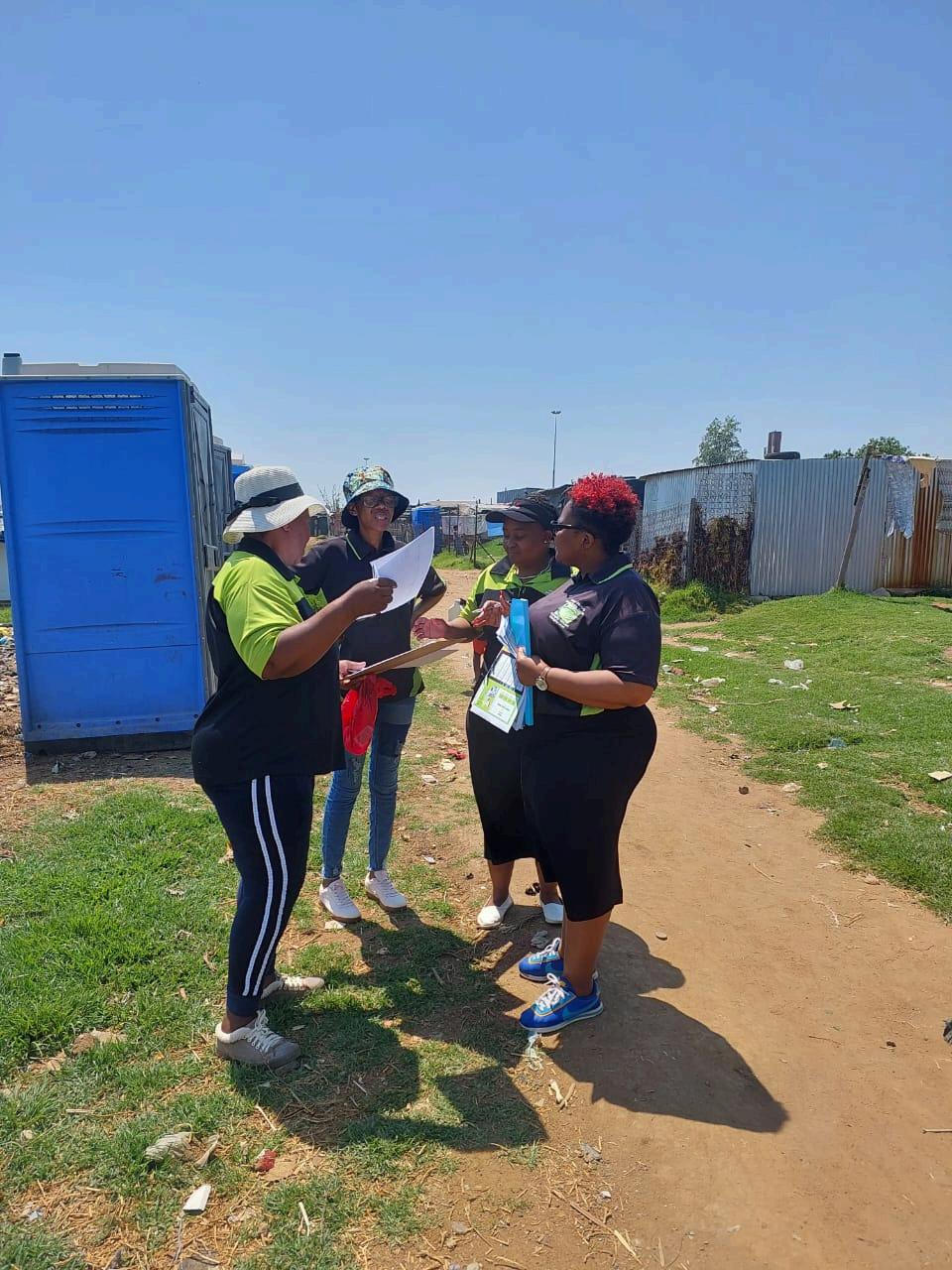

Persons with psychosocial disabilities continue to face many challenges in South Africa.
Community mental health organisations can help remove these challenges by ensuring equitable access to services and promoting community inclusion.
Community mental health should be at the heart of the South African mental health landscape.
This PDAM we call for:
The media to highlight the work of community-based mental health organisations in promoting more accessible mental health services across South Africa.
The public to read up more about mental health, mental health conditions, psychosocial disability, available services in their community, and how they could potentially assist local providers in their areas through volunteering, donations or other means of support.
The South African government to ensure they carry out the objectives set out in the Mental Health Policy Framework and Action Plan 2023-2030, with a specific focus on helping to cultivate more community-based mental health care across South Africa through increased investment and more effective partnerships with NGOs that provide such services.
Organisations working with persons with psychosocial disabilities to share examples of good practice and highlight success stories from their communities.
De Wet A, Pretorius C. (2022). From darkness to light: Barriers and facilitators to mental health recovery in the South African context.
International Journal of Social Psychiatry, 68(1):82-89. doi:10.1177/0020764020981126
Leigh-Hunt, N., Bagguley, D., Bash, K., Turner, V., Turnbull, S., Valtorta, N. and Caan, W. (2017). An overview of systematic reviews on the public health consequences of social isolation and loneliness. Public health, 152, pp.157-171.
National Department of Health. (2023). National Mental Health Policy Framework and Strategic Plan 2023–2030. National Department of Health, South Africa.
Tomlinson M, Kleintjes S & Lake L (eds). (2022). South African Child Gauge 2021/2022. Cape Town: Children’s Institute, University of Cape Town.
United Nations. (2006). Comprehensive and Integral International Convention on the Protection and Promotion of the Rights and Dignity of Persons with Disabilities. Office of the United Nations High Commission for Human Rights. [http://www.un.org/esa/socdev/enable/rights/convtexte.htm]
World Health Organisation. (2020). Social stigma associated with COVID-19. [online] Available at: <https://www.who.int/publications/i/item/social-stigma-associatedwith-covid-19> [Accessed 2 June 2022].
World Health Organization. (2021). Guidance on community mental health services: promoting person-centred and rights-based approaches. Geneva: World Health Organization.
The information shared in this concept document can be adapted by stakeholders as part of press statements, infographics, and awareness and/or programmatic interventions that are devised as part of their contributions towards the July 2024 PDAM campaign.

